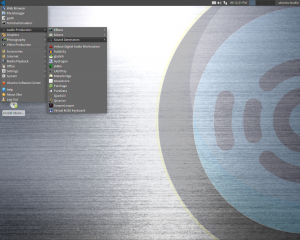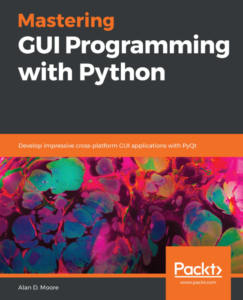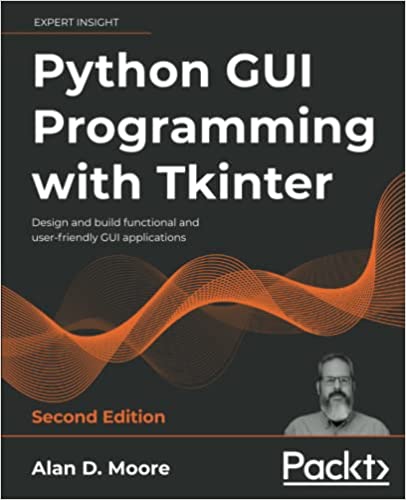Michael Meeks, a Suse developer who is instrumental in the LibreOffice community, has posted a good article on his “Stuff Michael Meeks is doing” blog summarizing the differences between OpenOffice and LibreOffice. Ok, granted that he’s a LibreOffice guy and it’s a little biased, I think it’s nevertheless a pretty good, factual summary about the history of the two projects, and the differences to the end-user about them.
There still seems to be a lot of confusion out there about this, and sadly a lot of people downloading OpenOffice are not aware of the situation are are downloading something that is way behind technically, and as far as I can see hasn’t got much of a future at this point (though that could change). The difference is particularly important to Ubuntu users, many of whom may be upgrading in the next few months from 10.04 to 12.04 and (as a result) apparently “switching” to LibreOffice.
Ironically, though, the “OpenOffice” that they’ll be switching from is actually a lot closer to the LibreOffice they’re switching to than anything currently available under the name “OpenOffice”. You see, before LibreOffice existed, there was a project called Go-OO. Go-OO was funded primarily by Novell, and essentially consisted of a comprehensive patch set for OpenOffice that added features or fixes which (mainly for licensing reasons) could not be included in the “official” OpenOffice from Sun.
Nearly every major Linux distribution (including Ubuntu, Debian, Fedora, etc) shipped Go-OO (in addition to other distro-specific patches) in place of Sun OpenOffice, even as far back as 2.x versions. For the sake of familiarity (I assume) they packaged it under the name OpenOffice, despite the differences.
When LibreOffice was created, the Go-OO patches were among the first things to be folded into the forked codebase, along with various patches from major Linux distributions (e.g. RedHat, Debian, etc). The Go-OO development community (including Meeks himself) also mostly threw in their lot with LibreOffice.
Anyhow, take a look at Michael’s post, particularly the nice graphic comparison of the two. I think it’s pretty clear which one you’ll choose.

 The Amiga. If you weren’t of computing age during the Bush Sr. administration, you may not have heard of this legend wrapped in an enigma wrapped in a white case. The Amiga inspired frenzied superlatives from its users (including, notably, pop artist
The Amiga. If you weren’t of computing age during the Bush Sr. administration, you may not have heard of this legend wrapped in an enigma wrapped in a white case. The Amiga inspired frenzied superlatives from its users (including, notably, pop artist 

The Debian Administrators Handbook arrives, free!
The big news in the Debian world this week is the liberation of the The Debian Administrators Handbook, which, thanks to donations from a crowdfunding campaign, has now been released under free-as-in-speech licenses. It’s even been packaged up and placed in the Debian repositories, so it’s a quick “aptitude install” away.
I spent some time browsing through the manual online today, and thought I’d share my reactions.
(more…)